Star Trek: Picard’s Best Character Proves Gene Roddenberry Wrong
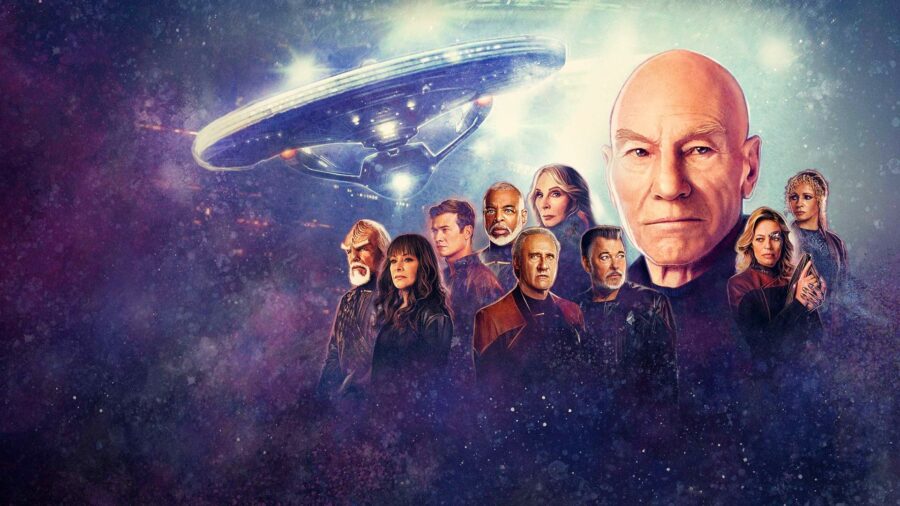
The third season of Star Trek: Picard reunited our titular character with his old bridge crew from The Next Generation. This led to one incredible scene after another with our favorite characters, but to our surprise, the real best character of the entire season was Captain Shaw. He was an original character created especially for this season, and Shaw’s appeal to fans as a prickly swine with a tortured background once and for all proves Gene Roddenberry was wrong when he said Star Trek shouldn’t have any character conflict.
Roddenberry Said No To Character Conflict
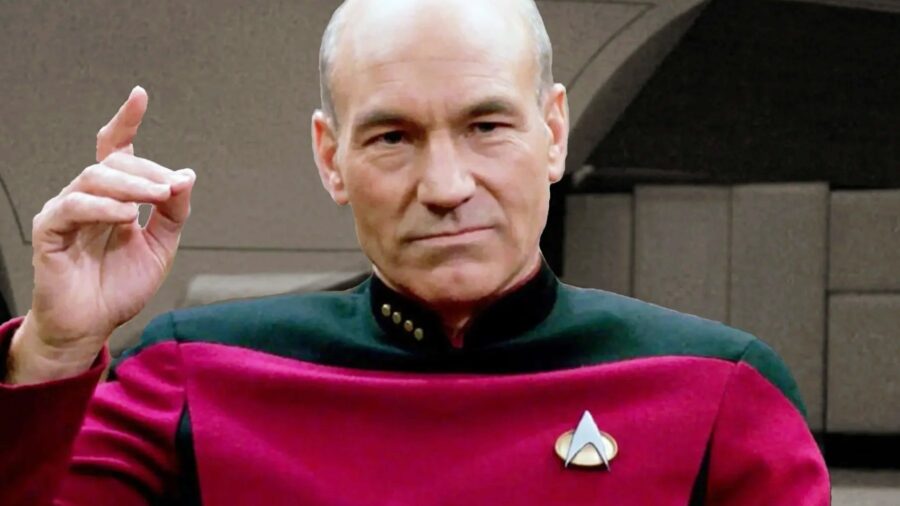
If you’re a newer fan of the franchise, you might be wondering what the heck Roddenberry said and how it connects back to Shaw. When The Next Generation began and Roddenberry was very active in its development, he had a rule that said that our characters couldn’t have any interpersonal conflicts. Roddenberry thought that humanity would simply be more enlightened by the 24th century, but this rule seriously annoyed the early Star Trek writers because character conflict is generally what drives the very best stories.
Trek Writers Ignored Roddenberry’s Rule
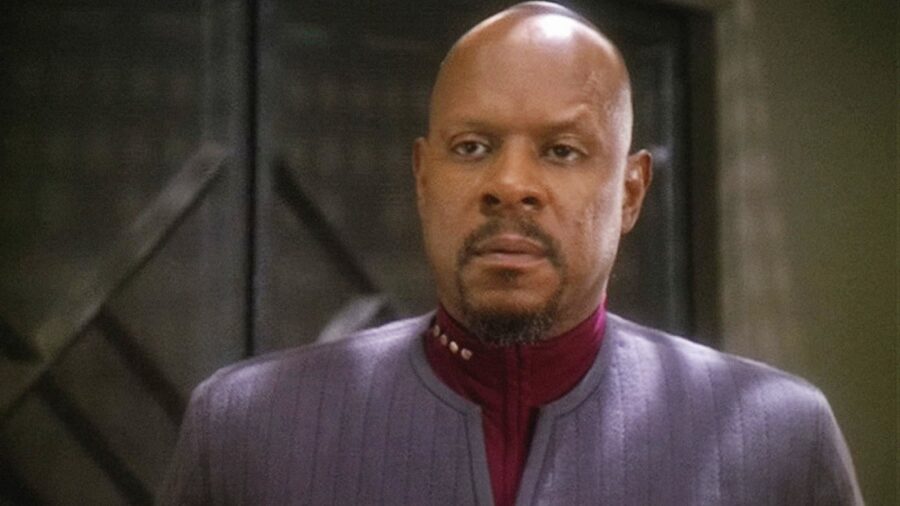
When Roddenberry’s health worsened and he had to step back from The Next Generation, this rule mostly went away, and it certainly went out the window when Roddenberry died. Future Star Trek shows like Deep Space Nine and Discovery ditched this rule, giving us plenty of juicy character conflict to help drive some amazing stories forward. That brings us back to Captain Shaw and how firmly ignoring Roddenberry’s old rule helped create the most compelling new character.
You Were Supposed To Hate Captain Shaw
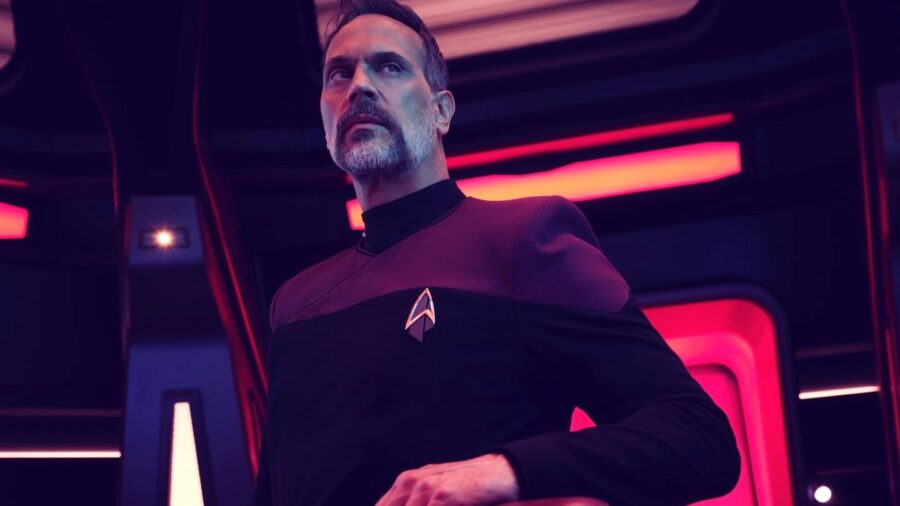
When Star Trek: Picard first introduced Shaw, audiences were clearly meant to hate the guy. He is rude and dismissive to Picard and Riker, immediately making it clear that he doesn’t care about their legendary exploits. On top of that, Shaw is consistently deadnaming Seven of Nine, calling her Captain Hansen against her wishes. To anyone who loved Star Trek: Voyager, it was tempting to punch Shaw’s teeth out every time he deliberately made her angry by refusing to call her Seven of Nine.
Understanding Shaw’s Attitude
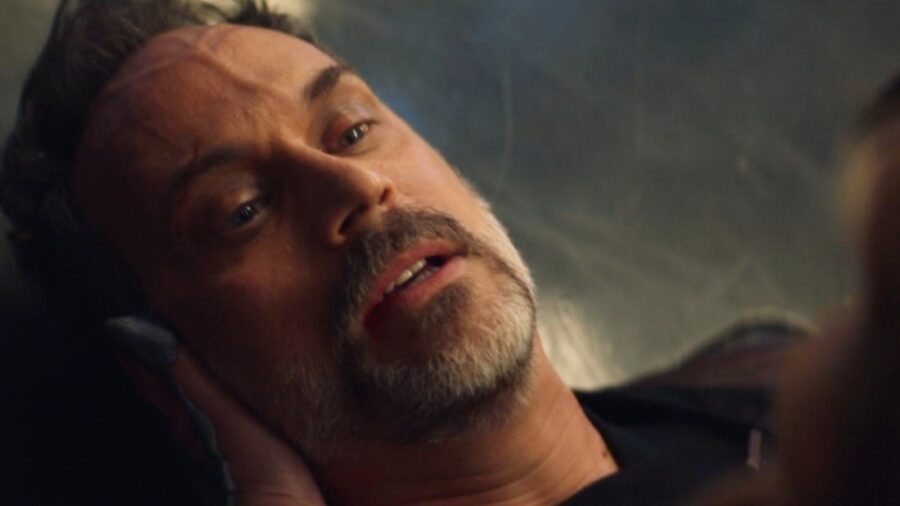
How does Roddenberry’s old rule come into play with this character? We eventually get Shaw’s tragic backstory. As an ensign, he fought against the Borg (led by the assimilated Captain Picard) at Wolf 359 and carries unresolved trauma from being the last man aboard his ship to get ordered onto a life pod. While not necessarily excusing his words and actions, Shaw’s sad story as related to Picard explains why he has been such a terrible jerk: because Picard and Seven of Nine remind him of his trauma and of the 11,000 people killed at Wolf 359.
Star Trek is a franchise that previously shied away from character conflict, but Shaw butting heads with our favorite characters led to some awesome onscreen moments, including him confessing his hatred of Picard, “the only Borg so deadly they gave him a godd*mn name”). From here, Shaw redeems himself, taking a fatal blast to help save the fleeing crew; this includes Seven of Nine, who he finally addresses by her proper name and uses his dying breath to temporarily make her captain.
Captain Shaw Would Not Exist If Gene Roddenberry Were Still Around
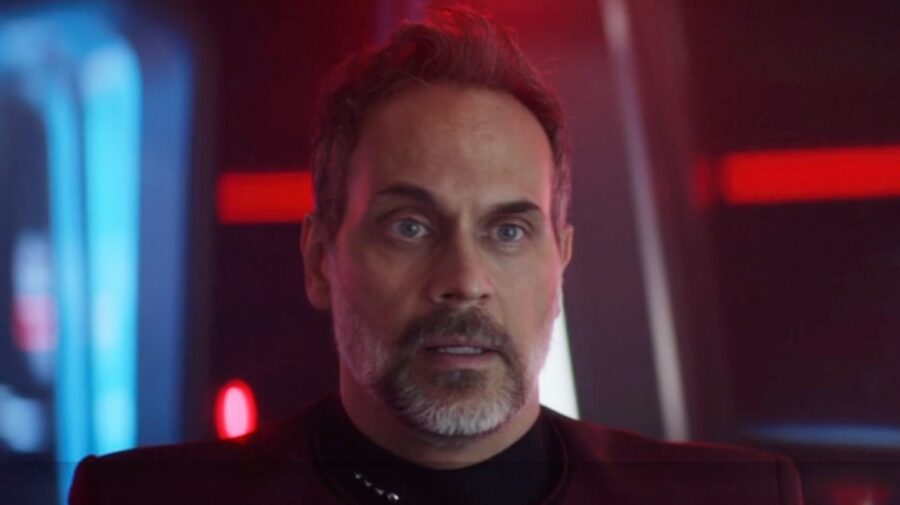
We later see his previously recorded crew evaluation report for Seven, where he acknowledges “she is brave…and loyal” and recommends her permanent promotion to captain. If this scene doesn’t make you cry, my friend, then you might just be a soulless Borg yourself.
As the creator of Star Trek, Gene Roddenberry would never have allowed a conflict-driven and traumatized character like Shaw to be created. However, the conflicts that drove Shaw helped make him a breakout fan-favorite character, and he arguably stole the show from the title character Picard.
When it comes to breaking Roddenberry’s rules, modern Trek fans need to acknowledge what Shaw said about Seven in his final report: that the rules that get broken, “maybe they were broken to begin with.”












